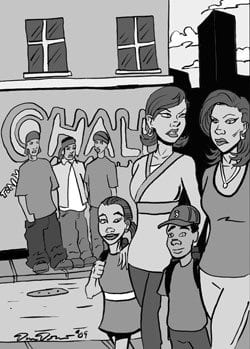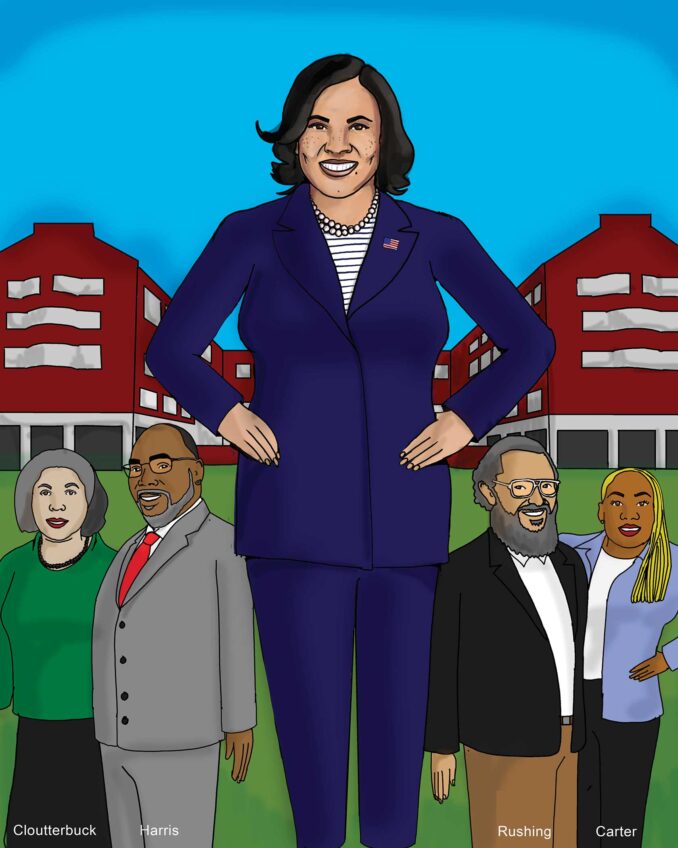
Censoring the president
Not too many generations ago, the pursuit of education was highly valued in black communities across America. People understood that a good education was necessary to get a good job. However, a good education was not easily achieved. Prior to the Supreme Court’s Brown v. Board of Education decision in 1954, it was not a violation of federal law to segregate public schools by race.
Back then, the goal was to graduate from high school. College education was not generally affordable, and many good jobs in government or manufacturing required no more than a high school diploma. For many blacks, it was not a good economic decision to stay out of a job for four years to attend college when there was such racial discrimination in employment at the levels that required a college diploma. It was not unusual to see black college graduates working as postmen or Pullman porters.
Despite efforts, the educational achievement gap in reading and math scores between blacks and whites narrowed by an average of only seven points between 1992 and 2007. According to a July 2009 “report card” released by the Institute of Education Sciences, the fourth-grade gap between white students and their black peers was 27 points in reading and 26 points in math. The eighth-grade gap was 26 points in reading and 31 points in math.
The most distressing statistic is that half of minorities drop out of high school and do not graduate with their entering class. This is true of only 30 percent of white students. According to an April 2009 study of graduation rates released by America’s Promise Alliance, a national organization attempting to reduce high school dropout rates, dropouts are the only segment of the work force whose incomes have shrunk over the last 30 years.
In his 1987 book, “The Truly Disadvantaged: The Inner City, the Underclass, and Public Policy,” Harvard University professor William Julius Wilson warned about the special problems posed to society by the unavailability of manufacturing jobs for the poorly educated. The problem has become more acute in the 22 intervening years, as the high-technology and communications industries require even greater education for employment.
America faces a great economic challenge with heightened business competition from abroad. The failure to educate minorities at the highest level is no longer just a racial issue. The inability to fully develop the nation’s academic talent will create a competitive disadvantage in the global economy.
America must provide superior public education and inspire every student to seek it. That leads to the question: What were some parents thinking when they opposed President Barack Obama’s speech last Tuesday encouraging student academic achievement?
Obama said to all students, “… That’s what I want to focus on today: the responsibility each of you has for your education … the responsibility you have to yourself.” He had already made it clear that “we can have the most dedicated teachers, the most supportive parents, and the best schools in the world — and none of it will matter unless all of you fulfill your responsibilities. Unless you show up to those schools; pay attention to those teachers; listen to your parents, grandparents and other adults; and put in the hard work it takes to succeed.”
Obama went on to inspire the youth by asserting, “Every single one of you has something you’re good at. Every single one of you has something to offer.” This is blessed assurance to the student from a low-income family living in a troubled neighborhood.
Nothing is more important to America than to inspire the academic success of every student. It is crucial to revive the spirit of academic achievement that was once prevalent in black communities.






